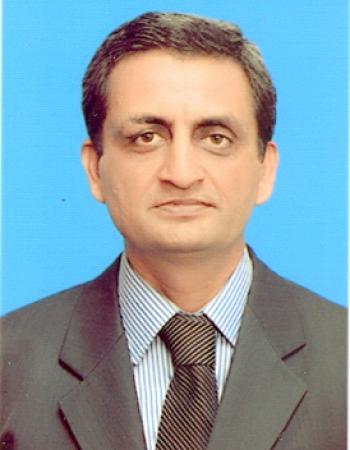Meta Evaluation of a Teachers’ Evaluation Programme Using CIPP Model
Usmani, Muhammad Abdul Wahid . 2012
Teachers’ Evaluation Programmes have become a regular feature of many public sector universities in Pakistan. However, the evaluators in each university have different practices to conduct teachers’ evaluation and there in no uniformity in teachers’ evaluation programmes throughout Pakistan. Furthermore, there is no system in place to evaluate the teachers’ evaluation programme itself. This paper uses CIPP model of evaluation to examine the “Teachers’ Evaluation System” of a public sector university in Pakistan. CIPP stands for context, input, process and product and it provides comprehensive framework for evaluation of programmes, products and system. The university under study introduced teachers’ evaluation programme in different departments and the results were reported to various stake holders of the university. In this study, the entire “Teachers Evaluation Programme” of the university has been analyzed on four levels of CIPP model Context Evaluation: The context of the evaluation programme has been examined and how it led to modifications has been highlighted. Input Evaluation: Input given in this programme, its sources, validity and its efficacy has been examined Process Evaluation: The process of evaluation programme, its handling of data and reporting strategies have been evaluated. Product Evaluation: Finally, the output of the whole exercise of teachers’ evaluation and the impact on stakeholders has been addressed. The findings of the study clearly indicate that context needs to be examined thoroughly before any input. Secondly, due care is required in the selection of questions for evaluation and the tool must be tailor made. Thirdly, the process must be transparent and objective in nature. The reporting should include the follow up required so that the utility of the programme may be established. Finally post evaluation effect must be observed for improvement in future. Though the study is based on a specific programme of a university, the structure and findings can be replicated in other context as well.

Quality Assurance in Higher Education in Pakistan was formally initiated when Quality
Assurance Agency was established under Higher Education Commission of Pakistan. This
Quality…

Objective:
This study was conducted to see the impact of teachers training program in medical institutions after conducting ten teacher’s training courses, each of seven…

Higher Education in Pakistan had a revolutionary change after the establishment of Higher Education Commission (HEC). With the passage of time, it was realized that maintaining quality in Higher…

